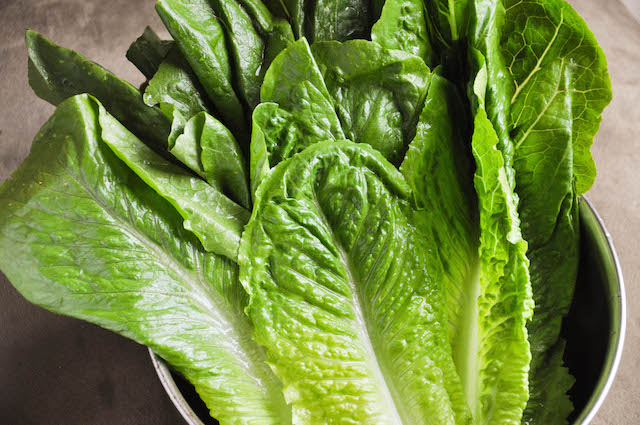Pretty much everything you ever read about nutrition will advise you to eat way more fruit and vegetables and cut down on your red meat intake and as a bonus that this would also benefit the environment and the resources of the world.
It turns out that could be completely and utterly wrong as a new study from the prestigious Carnegie Mellon University has claimed that eating vegetables is a lot worse for the environment than eating meat. Sure, that isn’t exactly affecting your diet, health and body, but it’s definitely a reason that some people cite when explaining why they eat more vegetables than meat. There have also been recent calls to stop eating meat to curve climate change, but these could be inaccurate too as a result of this study.
It didn’t argue that people should be eating less meat, or the generally accepted knowledge that livestock contributed to an enormous amount of greenhouse gas emissions, but did comment that recommended “healthier” foods prescribed in recent advice from the US Department of Agriculture increased a person’s impact on the environment across energy cost, water use and emissions. This was even true when they consumed less of these foods, as the study found how each of these affected those three factors per calorie consumed.
One of the authors Paul Fishbeck had the following to say:
Lots of common vegetables require more resources per calorie than you would think.
Eggplant, celery and cucumbers look particularly bad when compared to pork or chicken.
Whilst another of his co authors Caroline Tom elaborated on this:
Featured Image VIA

Image VIA
What is good for us health-wise isn’t always what’s best for the environment.
That’s important for public officials to know and for them to be cognisant of these trade-offs as they develop or continue to develop dietary guidelines in the future.
The key figures and ideas that the study promoted were the following:
Reducing calorie intake, regardless of reducing meat intake reduces combined emissions, energy and water use by around 9 per cent.
Maintaining calorie intake but shifting to ‘healthy’ foods however increased energy use by 43 per cent, water use by 16 per cent and emissions by 11 per cent.
If people cut out meat and reduced their calories to USDA-recommended levels, their environmental impact would increase across energy use (38 per cent), water (10 per cent) and emissions (6 per cent).
As is often the case with these academic studies though, these figures have already been disputed, with a guy called Anthony Froggatt from Chatham House – an independent think-tank which is currently running a project looking at the link between meat consumption and greenhouse gas emissions – offering the following:

Image VIA
It is true that lettuce can be incredibly water intensive and energy intensive to produce, but such comparative exercises vary hugely depending on how the foods are raised or grown.
We usually look at proteins rather than calories, and as a general rule it is still the case that reducing meat consumption in favour of plant-based proteins can reduce emissions.
It’s important to look at production methods as well as the complex issue of how land use is likely to be impacted by changing diets.
The key point I would agree with here is that you need to look at both the environmental and health impacts at the same time.
We do know there is global overconsumption of meat, particularly in countries such as the US. Looking forward that is set to increase significantly, which will have a significant impact on global warming.
So there you have it. Basically one study said one thing and some guy disagreed with them. I’m not really sure if any of us are going to be any wiser after reading that and I’m not sure that even if I was worried about climate change and altered my diet it would even help. I mean I wouldn’t even know what I was doing after reading that, would you? Maybe one day there will be a definitive study on the subject but it’s looking like it will be something that nobody will ever agree on.
If we don’t try and do something about it though, then this is what London could look like after climate change goes crazy. Uh oh.















